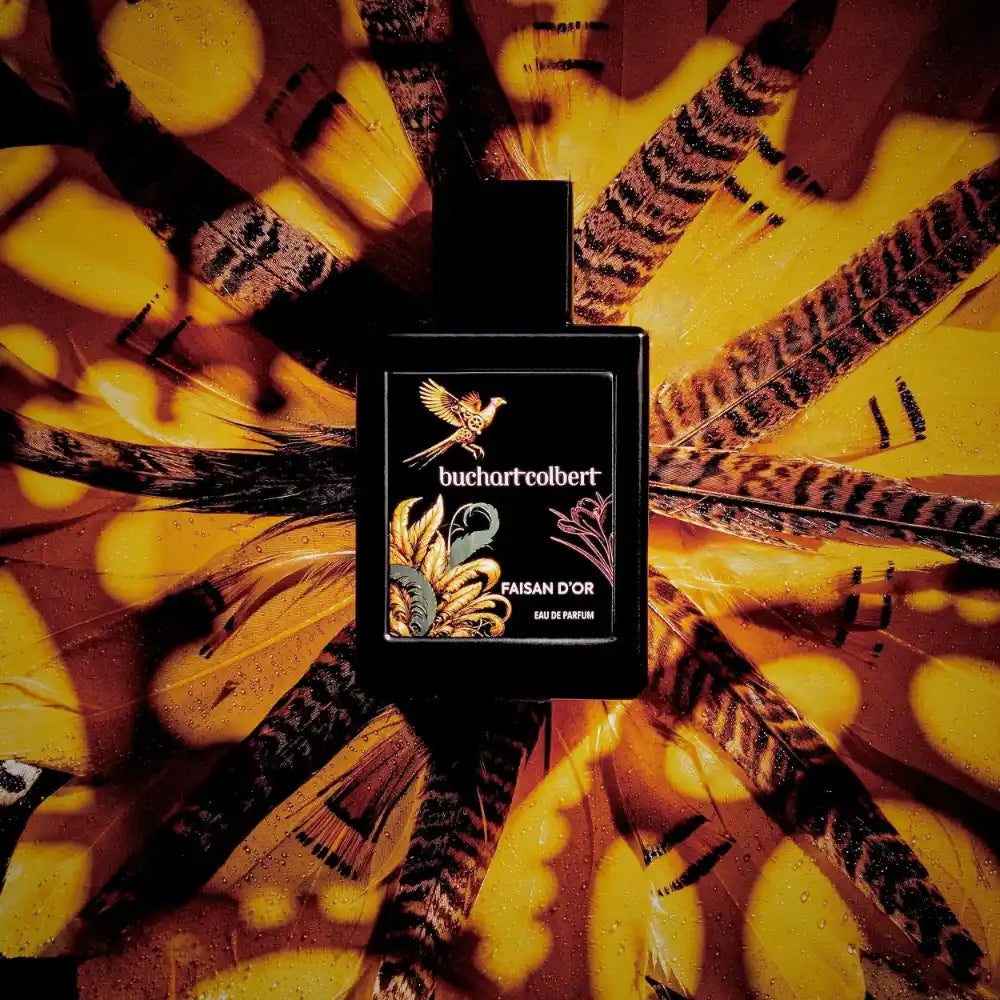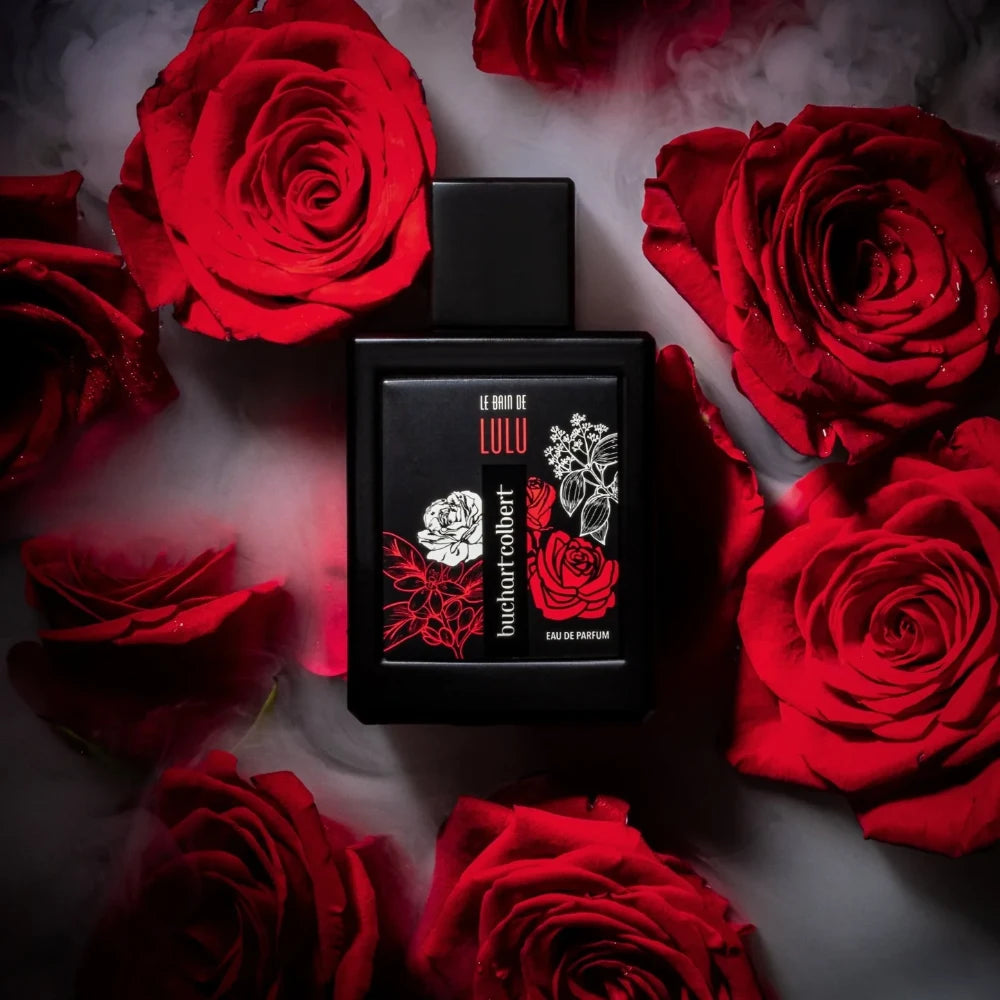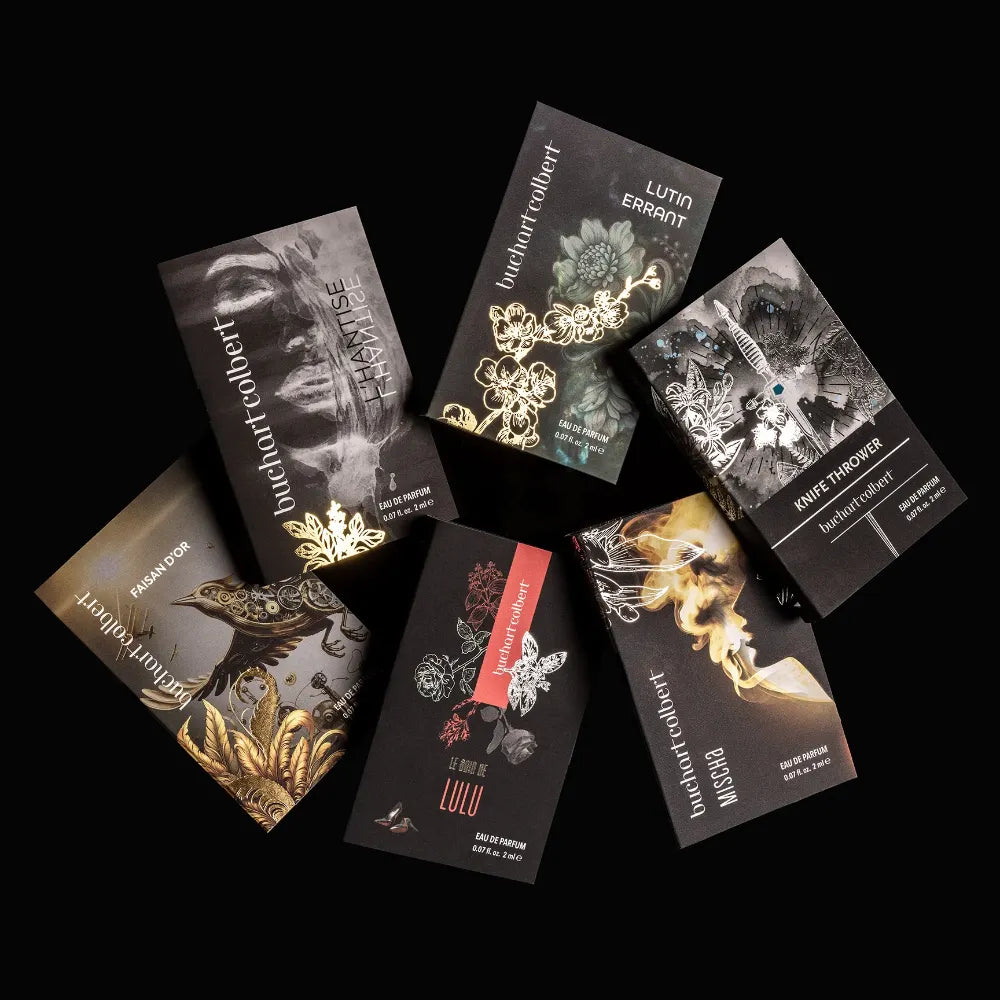Ever wondered why your favorite fragrance doesn't quite hit the same during different seasons? The answer lies in understanding the difference between summer and winter fragrances. These olfactive compositions shift with temperature, humidity, and even your skin's chemistry. Each season calls for its scent symphony, and Buchart Colbert composes perfumes that echo the rhythm of time.
A Tale of Summer & Winter Perfume Scent Profiles
Summer fragrances tend to lean light, bright, and breezy. Think sparkling citrus, refreshing aquatic notes, and breezy herbs. They are designed to uplift and invigorate, matching the warm air and heightened humidity of the summer months.
In contrast, winter scents are deeper, denser, and longer-lasting, built around ingredients like amber, oud, spices, and woods. These profiles wrap you in a warm embrace, perfect for crisp air and cozy nights.
This seasonal shift is more than preference, it's about chemistry. As you continue, you'll see how heat and cold fundamentally change a perfume's performance and presence.
| Feature | Summer Fragrances | Winter Fragrances |
|---|---|---|
| Scent Profile | Light, airy, fresh | Deep, rich, warm |
| Common Notes | Citrus, aquatic, green, fruity, herbal | Amber, oud, woods, leather, vanilla |
| Concentration | Lighter concentration to prevent overpowering | Higher concentration for longevity |
| Temperature Effect | Heat amplifies top notes and projection | Cold slows evaporation, longer wear time |
| Skin Chemistry | Oily skin enhances scent diffusion | Dry skin requires heavier base notes |
| Ideal Storage | Cool, dark places to protect volatile notes | Same; avoid heat and light |
| Emotional Appeal | Energetic, vibrant, refreshing | Cozy, comforting, sensual |
| Best Use | Daytime, outdoor, warm weather | Evenings, indoor, cold weather |
How does Temperature Affect Summer or Winter Perfume?
Does temperature affect perfume? Absolutely. Perfume is chemistry in motion, and temperature acts as its invisible conductor. In the heat of summer, the skin warms up, causing top notes, those bright, fleeting impressions, to evaporate faster. This often leads to an initial burst of scent that quickly fades.
Does heat affect perfume? It amplifies projection. A summer day can make even a soft eau de parfum behave boldly, sometimes overwhelmingly so. On the flip side, does cold weather affect perfume? Yes, it slows down the evaporation rate, muting the scent’s evolution. In winter, a fragrance may seem quieter, as the molecules struggle to lift off your cooler skin.
To illustrate: the same fragrance can smell zesty and radiant in July but feel muted and dry in December. This dynamic nature is exactly why choosing seasonal fragrances enhances your scent experience.
What Are Summer Fragrance Ingredients?
What ingredients in perfume make summer scents feel so fresh and vibrant?
They're typically built from light, volatile molecules. Common top notes include:
- Citrus: Bergamot, lemon, grapefruit
- Aquatic: Marine accords that evoke a sea breeze
- Green: Cut grass, galbanum, tea leaves
- Fruity: Melon, pear, passionfruit
- Herbal: Mint, basil, rosemary
These ingredients really shine in heat and humidity, making them ideal for summer wear. Their volatile nature allows them to stay on the skin without becoming overpowering.
For a curated selection, explore Buchart Colbert’s Best Summer Perfumes collection, crafted to dance gracefully in the warmth.
What Are Winter Fragrance Ingredients?
Winter perfumes bring richness and intimacy. Their notes are heavier and more anchored in the base, ideal for slow release in cool temperatures. Here are some of the stars:
- Amber: Sweet, resinous, and comforting
- Oud: Smoky and opulent
- Woods: Cedar, sandalwood, patchouli
- Leather: Earthy, dry, and textured
- Vanilla: Warm and enveloping
These components develop gradually, lingering on the skin and weaving deeper impressions. In cold weather, their persistence and strength provide both emotional comfort and aromatic warmth.
To embrace winter, explore our Best Winter Perfumes, tailored for the season's chill.
Does Light or Sunlight Affect Fragrance Storage?
Yes, light affects perfume, and sunlight even more so. UV rays can degrade delicate scent molecules, particularly top notes, causing them to break down and lose their integrity.
Does sunlight affect perfume? Constant exposure to light and heat can turn your favorite eau de parfum sour or flat. That's why Buchart Colbert uses protective packaging designed to shield your fragrances from harm.
Store your perfumes in a cool, dark place. A drawer or cabinet away from windows is ideal. Summer's intensity makes proper storage crucial for scent longevity.
Next, let’s explore how to rotate your fragrance wardrobe like a true connoisseur.
How to Choose the Right Scent by Season?
Perfume is not just a finishing touch. It’s a form of expression that evolves with you. Here’s how to curate your seasonal scent wardrobe:
- Sample first: Buchart Colbert’s Sample Discovery Set offers a refined way to explore before committing to a full bottle, showcasing our six debut scents in 2 mL sizes. Every purchase of a Sample Discovery Set comes with a $49 credit, redeemable towards any 50 mL bottle.
- Switch with the seasons: Choose light and airy for summer, deep and warm for winter.
- Consider skin chemistry: Skin tends to be oilier in summer and drier in winter. This affects how perfume clings and evolves.
- Layer intentionally: In colder months, layering enhances projection and adds depth. Pair a woodsy base with a sweet amber heart.
Your perfume wardrobe deserves the same care and rotation as your fashion.
Final Thoughts: Scent is Seasonal with Buchart Colbert
Seasonal fragrances aren’t just about comfort or mood. They're about crafting presence. Buchart Colbert’s curated collections allow you to embrace your individuality while harmonizing with nature’s tempo. Whether you prefer the vibrant zest of summer or the lush depth of winter, each bottle resonates with the seasons of the year.
So, what's the difference between summer and winter fragrances? In truth, everything. Temperature, ingredients, performance, even memory.
Discover your scent for the season and let your perfume be your most evocative accessory.
Explore our eau de parfums and find your seasonal signature.
FAQs
1. Can I wear the same perfume year-round?
Yes, but it may perform differently. Layering or switching to stronger or lighter concentrations can help adapt to the season.
2. Why does my perfume smell stronger in summer?
Heat intensifies top notes and projection, making the scent seem more potent.
3. Do perfumes expire faster in heat?
Yes. Always store perfumes away from sunlight and heat to preserve their composition.
4. What’s a good winter fragrance for someone who likes fresh scents?
Look for winter perfumes with spicy citrus or herbal top notes balanced by warm bases like amber or vanilla.
- Faisan d'Or: Bright Valencia orange and caramelized sugar, spiced with clove and nutmeg, melt into a smoky amber and woody base.
- Mischa: Crisp neroli and spicy geranium open into rich notes of black pepper, musk, and golden moss. Fresh, warm, and grounding.
- Le Bain de Lulu: Spicy cardamom and nutmeg swirl with burnt sugar, melting into a soft base of violet, rose, and powdery.
5. How should I store perfume to keep it from going bad?
Keep it in a cool, dark, and dry place, away from windows and heat sources.





